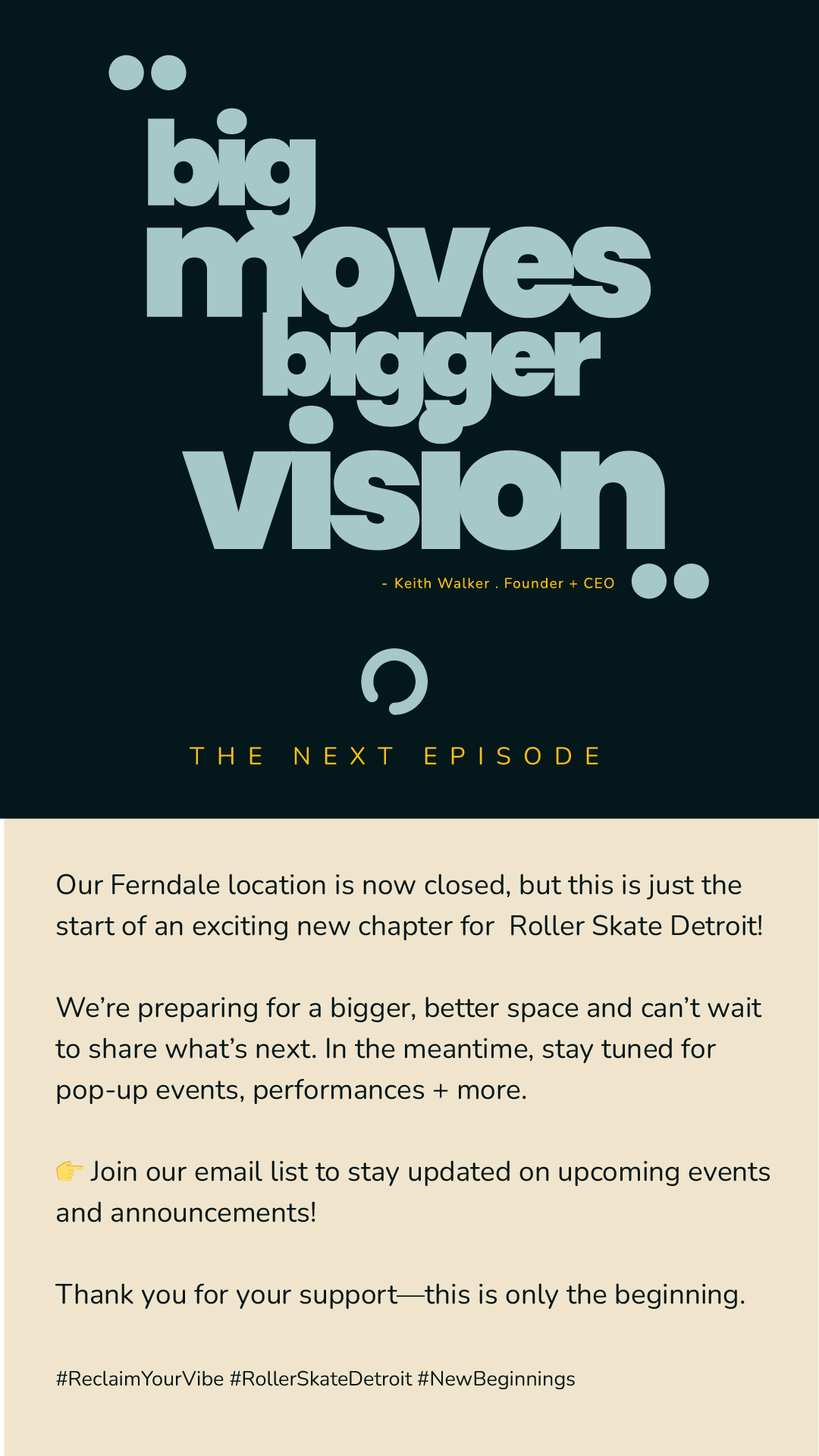
Conquering Mental Hurdles: Learning New Skills as an Adult
How to Overcome Common Psychological Barriers to Adult Learning
Learning new skills as an adult can often feel overwhelming, especially when mental hurdles seem to block your progress. Whether it’s picking up a new language, learning to code, or mastering a new fitness routine, the mental hurdles of learning new skills can prevent many adults from reaching their full potential. Fortunately, these barriers can be overcome with the right mindset and strategies.
Why Are Mental Hurdles Common for Adults?
As adults, we tend to carry more responsibilities and pressures than we did in our younger years. Family obligations, career demands, and societal expectations can lead to self-doubt or fear of failure. Additionally, many adults feel that their learning abilities have diminished with age, making the thought of tackling new challenges daunting. But, it’s important to remember that adult brains are still highly capable of learning—it’s just the mental blocks that need addressing.
If you’re feeling stuck or frustrated in your current journey, check out our post on So, You’re Not Where You Want to Be—Trust the Process for insights on embracing the journey and staying motivated.
Overcoming Self-Doubt and Fear of Failure
One of the biggest mental hurdles of learning new skills is self-doubt. Many adults believe that they aren’t smart or talented enough to learn something new. However, the truth is that learning takes time and persistence.
Solution:
Acknowledge that failure is part of the process. Instead of viewing mistakes as a reflection of your abilities, see them as valuable lessons. Setting small, achievable goals can help boost your confidence and gradually build competence.
Breaking Free from Perfectionism
Perfectionism is another common mental barrier. Adults often feel pressure to get things right the first time, which can lead to paralysis in starting or continuing the learning process. This mentality can be discouraging and lead to giving up early.
Solution:
Embrace progress over perfection. Focus on making incremental improvements rather than achieving perfect results. Celebrate small victories, and allow yourself room to grow through trial and error.
Managing Time and Priorities
Another challenge adults face when learning new skills is finding the time to practice. Between work, family, and other responsibilities, making room for personal growth can feel impossible.
Solution:
Prioritize learning by scheduling it just like any other important task. Break your learning sessions into smaller chunks of time, allowing you to make steady progress without feeling overwhelmed. Even 20 minutes a day can make a difference over time.
Cultivating a Growth Mindset
Many adults adopt a fixed mindset, believing that their abilities are set in stone. This belief limits potential and prevents people from trying new things, as they fear they might not succeed.
Solution:
Adopt a growth mindset—the belief that you can improve with effort. By seeing challenges as opportunities to grow, you’ll be more likely to stick with the process, even when it’s difficult. With practice, your skills will improve.
Finding Support and Accountability
Learning in isolation can feel discouraging. Without feedback or encouragement, it’s easy to lose motivation and give up.
Solution:
Join a community or find a mentor. Engaging with others who are on a similar journey can provide support, encouragement, and constructive feedback. Having accountability partners also keeps you motivated and focused on your goals.
If you’re looking for a fun, supportive way to develop new skills and stay fit, consider roller skating. It offers both physical and mental benefits. Learn more in our blog Top 10 Health and Fitness Reasons Why Adults Should Take Up Roller Skating
Learning new skills as an adult may come with its challenges, but the mental hurdles of learning new skills can be overcome with determination, the right mindset, and effective strategies. By embracing the learning process, pushing past self-doubt, and creating time for practice, you’ll discover that growth and mastery are entirely within your reach, no matter your age.





